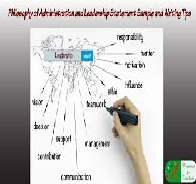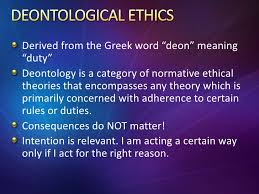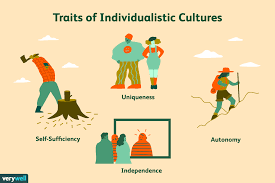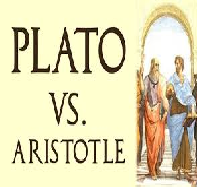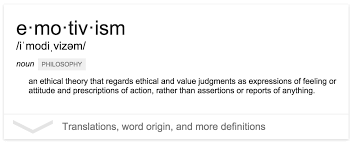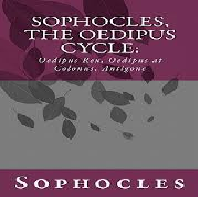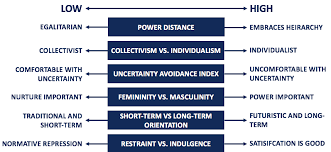
The advantages of Hofstede cultural dimension
Assessment – Individual essay (1000 words maximum)
Please read the article and answer all question below.
Culture provides a guide or the directions for how we think and behave . cateora et al. (2011)
defines the five elements of culture as value, rituals, symbols, beliefs ant thought processes .
cultural values that can influence business have been found in the work of Geert Hofstede . Hofstede identified four cultural dimensions that can have a profound impact on the business environment . individualism/collectivism, power distance, uncertainty avoidance, and masculinity/femininity .
The individualism/collectivism dimension of culture refers to how self-oriented members of a culture are in their behavior . Individualist cultures place high value on individual achievement and self interest . The United States is an example of an individualistic culture . Collectivist cultures value working toward collective goals and group harmony . Mexico and several countries in Asia adhere to more collectivistic principles . The power distance dimension refers to the power inequality between superiors and subordinates .
The United States has some elements of both a higher and a lower power distance culture . Over the years, the U.S. business environment has adopted forms of management, such as participative management, that place supervisors and subordinates on more equal terms . Arab countries score higher on the power distance dimension . Cultures with high power distance tend to be more hierarchal .
Uncertainty avoidance refers to how members of a society respond to uncertainty or anbiguity .
Cultures that score high on the uncertainty avoidance dimension, such as Great Britain, tend to avoid risk taking . Organisations within these cultures may have more rules in place to ensure that empoyees do not deviate from accepted standards . Cultures with less uncertainty avoidance, such as Canada , believe that risk-taking and innovation are important in achieving successful outcomes outcomes . A key question involves how culture affects consumer behavior around the world . For instance, how would the individualism versus collectivism index in Hofstede’s framework influencethe purchase of clothing, a smartphone, or an ipad in the different countries of Japan , the United States, and France ?
Why are KFC, Subway,and McDonald’s successful in most countries, even when they have significantly different cultures ? Are there other reasons for these companies success ?
Another area of interest is how the culture of a country influences the culture of a business .
Organisations that become global have to adjust to many different environments . Many of these companies focus on the diversity of employees in dealing with customers in different countries . While Hofstede describes the cultural values of people in different countries , organisational cultures are different . The culture of employees working in global businesses may be different from the national culture of one country . This is because businesses develop their own values and culture . However, do these values always reflect the national culture ? Organisational values are specific to a mission statement that guides conduct and relationships with shareholders . Organisational values may not be the same as individual values in that they are identified and supported by top management to develop a shared understanding for expected behaviour . Values are selected by leadership to make sure everyone understands what the organisation stands for , inluding ethical behaviour and social responsibility . Organisation values should be highly visible and demonstrated effectively by managers .
An organisation’s culture is based on values, norms, and behaviour . Unlike values, norms are behavioural expectations and have a high degree of specificity and clarity and require desirable behaviours in the form of policies and procedures . Accelerating change in communication, especially social media and social sharing, could be changing the nature of culture and its impact on both individuals and organisations . On the other hand, national culture may be important in marketingfor organisations and understanding consumer behaviour .
Sources.Ferrell,O.C. and Fraedrich, J, 2015. Business ethics. decision making and cases . Nelson Education .
References
Cateora, P..R. , M. C. Gilly ,, J.L. Graham (2011). International Marketing, 15th edition
New York, NY. McGrawHill/Irwin.
Hofstede,G, .2010 Geert Hofstede. National cultural dimensions.
Questions,
1 Critically evaluate the suggestions made in the article on Hofstede’s cultural dimensions .
2 Which do you agree with and which do you disagree with ? Justify your position.
3 Are there any other suggestions you would like to make ?
This assessment addresses the following outcomes.
LO1 Apply techniques in analysing and interpreting information
LO2. Apply critical thinking skills on comprehension .
We can write this or a similar paper for you! Simply fill the order form!





